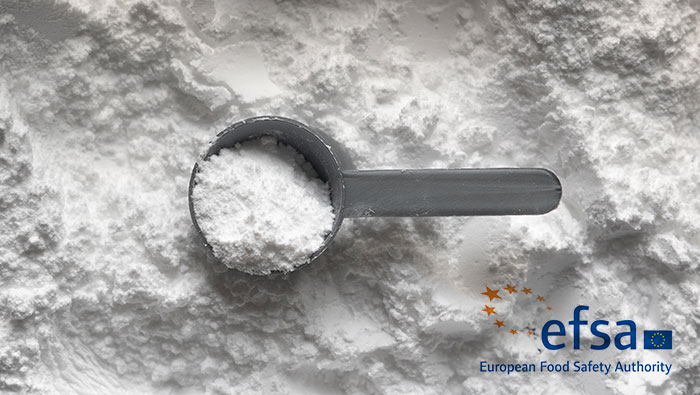The European Food Safety Authority (EFSA) no longer considers titanium dioxide E 171 a safe food additive after safety assessments prompted by a request by the European Commission in March 2020. Using Nanotechnology as part of its assessment, the EFSA determined that titanium dioxide E 171 contains at most 50% of particles in the nano range to which consumers may be exposed. A critical element in reaching the conclusion to disallow E 171 as a food additive was the inability to exclude genotoxicity concerns after human consumption of these titanium dioxide particles. After oral ingestion, though the absorption of titanium dioxide particles is low, they can accumulate in the body. Though evidence for toxic effects was inconclusive, genotoxicity could not be ruled out, nor it’s damaging effects on DNA.
What does this mean for food manufacturers?
Companies selling products in the EU that contain titanium dioxide must design new formulations making sure their products are compliant with this new EFSA initiative.
EAS consultants assist with design, formulation and safety assessments for new and revised products. We have experts in flavorings and textures, nutrition and formulation. Our labeling team can create new and compliant labels, including helping you to design appropriate health claims for your products. Additionally, EAS consultants include experts in nanotechnology and its applications in the FDA-regulated industries. We can help!
Did you miss it?
Food Safety in the EU with EAS Consultant Michael Hickey – an EAS virtual short course
Posted in Did You Know, Foods.

